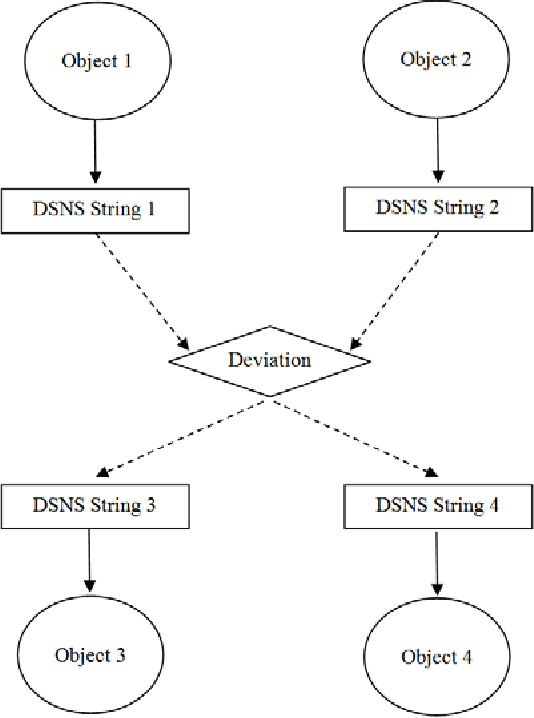Shazril Azman
The Digital Synaptic Neural Substrate: A New Approach to Computational Creativity
Sep 20, 2016



Abstract:We introduce a new artificial intelligence (AI) approach called, the 'Digital Synaptic Neural Substrate' (DSNS). It uses selected attributes from objects in various domains (e.g. chess problems, classical music, renowned artworks) and recombines them in such a way as to generate new attributes that can then, in principle, be used to create novel objects of creative value to humans relating to any one of the source domains. This allows some of the burden of creative content generation to be passed from humans to machines. The approach was tested in the domain of chess problem composition. We used it to automatically compose numerous sets of chess problems based on attributes extracted and recombined from chess problems and tournament games by humans, renowned paintings, computer-evolved abstract art, photographs of people, and classical music tracks. The quality of these generated chess problems was then assessed automatically using an existing and experimentally-validated computational chess aesthetics model. They were also assessed by human experts in the domain. The results suggest that attributes collected and recombined from chess and other domains using the DSNS approach can indeed be used to automatically generate chess problems of reasonably high aesthetic quality. In particular, a low quality chess source (i.e. tournament game sequences between weak players) used in combination with actual photographs of people was able to produce three-move chess problems of comparable quality or better to those generated using a high quality chess source (i.e. published compositions by human experts), and more efficiently as well. Why information from a foreign domain can be integrated and functional in this way remains an open question for now. The DSNS approach is, in principle, scalable and applicable to any domain in which objects have attributes that can be represented using real numbers.
 Add to Chrome
Add to Chrome Add to Firefox
Add to Firefox Add to Edge
Add to Edge